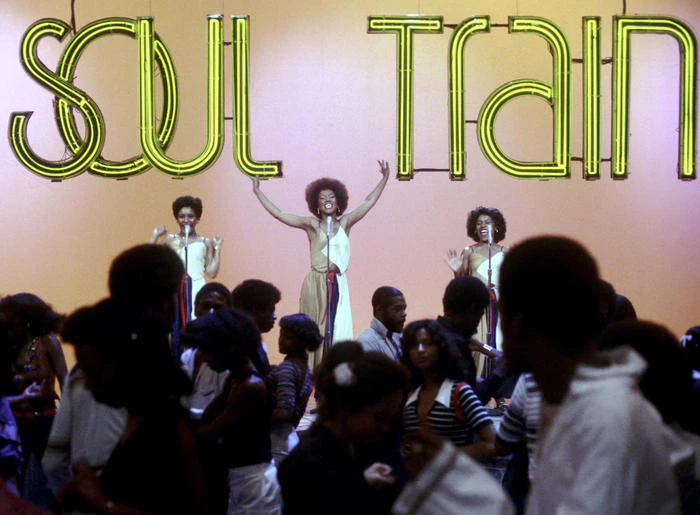My pop culture moment was Soul Train, a television music program that aired from 1971 to 2006. As George (2019) notes, the program was “a pop cultural pipeline that taught mass audiences how to dance, how to dress, and who to listen to” (para. 2). Soul Train allowed the general public to experience the contemporary culture of Black youth and became a platform for the promotion of independent musicians. The program emerged after the Civil Rights movement, which aimed to eliminate racial segregation and discrimination. Soul Train promoted the empowerment of African Americans through the spread of Black culture. The period also saw general economic decline and frustration among the population, and the program offered joyful music and dancing (George, 2019). Thus, Soul Train refers to the desire of African Americans to assert their rights and culture and to the need of people for entertainment and fun.
First and foremost, Soul Train succeeded in popularizing African American music, often giving way to unpopular artists. In particular, the program introduced millions of non-Black households to Black music, dances, outfits, and hairstyles (George, 2019).
Soul Train managed to change the attitude of Americans towards Black pop culture as a minority culture. African American dances and songs began to spread and integrate into other musical genres. The program promoted the soul genre, which was not common on American music television. Soul Train also emphasized the absence of racism and segregation in contrast to other existing programs since “white artists were welcome, too, provided they were deemed to have a soul” (Lynskey, 2019, para. 12). The program also made Black modern pop culture popular not only in society but also in the media. After the release of Soul Train, African American music began to develop and become part of general pop culture.
Below is a photo of the Emotions performing on Soul Train.

References
Akbar, T. (2019). ‘Soul Train’: How a celebration of black music changed television. NITV. Web.
George, C. (2019). How Soul Train became the most radical show on American television. Dazed. Web.
Lynskey, D. (2019). ‘An ad for blackness’: How Soul Train made America do the Hustle. The Guardian. Web.